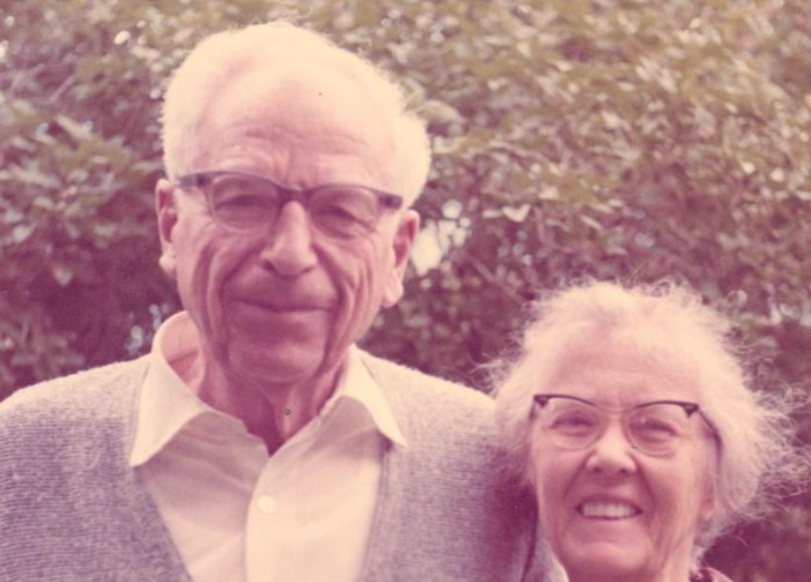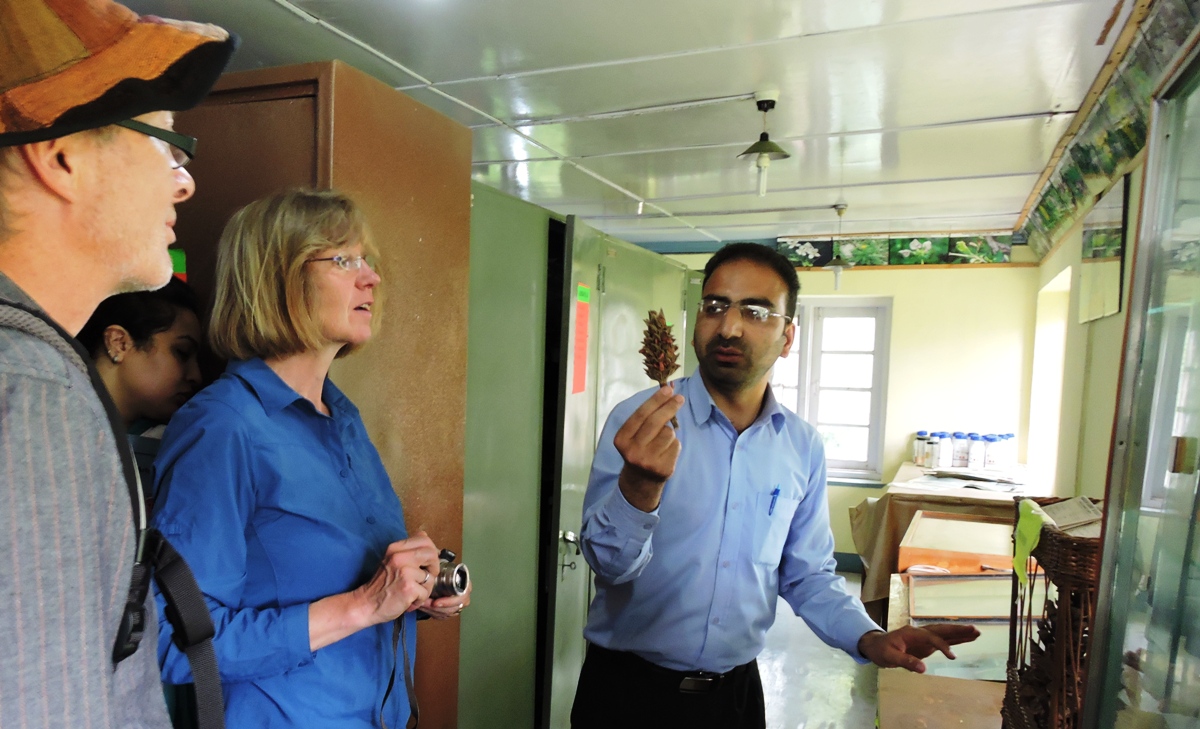[ad_1]
SRINAGAR: The Committee for Fixation and Regulation of Fee of Private schools (FFRC) Friday said that Presentation Convent Higher Secondary School Rajbagh was violating its orders by charging excessive transportation fee from the students.
In this regard, the Chairperson of the committee, Justice (Retd) Sunil Hali has given one last opportunity to the school to appear before FFRC to explain their position by or before May-02 and has warned the reputed private school of the consequences if it fails to appear before the Committee to explain its position why it arbitrarily hiked the transportation fee for the students.
Hali in a communique to the school has said that in pursuance to the complaint filed by the parent, notices were issued to the School Management.
The main grievance of the complainant is that School was charging Rs 1480 per month from the students as a bus fee, an action that violates the prescribed norms of FFRC.
Despite sending notices, the Principal Presentation Convent Higher Secondary School (PCHSS) didn’t appear before the FFRC.
Notably, the FFRC last year in October after a detailed discussion with the stakeholders including the school in question allowed a hike of 14% to the schools on the fee being charged by them in October 2019.
The PCHSS admitted that the school was charging Rs 1480 per month. As per the order, the school was required to hike the bus fee by 14 percent from the amount (1480 by 14%) which was being charged.
FFRC issued a notice on 26 April this month to the school directing it to explain the position as to why was the school charging fee over and above the prescribed fee by the Committee for Fixation & Regulation of Fee.
The next day the school came up with a reply that FFRC termed as irrelevant and out of context. The school in its reply referred to some dispute with the complainant pending in the court of law.
“It has no bearing on the present context in which the notice has been issued to you. The law will take its own course in case the complainant has committed any crime. Therefore it is irrelevant for the present proceedings,” Chairperson FFRC Sunil Hali observed.
He further stated that: “Your (PCHSS) reply to the notice issued by this office is that the order dated 6 October 2022 relating to the fixation of Transport Charges does not apply to your school as it applies to those schools who are providing their own transport. Also as per your explanation you have outsourced this business to some Private transporter. There is some misconception in understanding the charging of transport fee. The committee under its rules has to fix, determine and regulate the fee which includes the Transport Fee also. It is immaterial how the school provides this facility to the students whether it is school owned transport or the same is being outsourced. It is not your case that the Transport facility has been arranged by the parents with some private company then, of course, the school has no responsibility. You are directly charging transport fee from students, therefore it is your exclusive responsibility to charge fee which is permissible under law.”
FFRC further conveyed to school that: “What are your terms and conditions with the transport company is a bilateral issue between you and the transport company. You cannot escape the responsibility of charging fees as per the order dated 6 October 2022 which provides a hike of 14% to the existing fee charged by your school. As per the receipt issued by your school, it has come to the fore that you are charging Rs 4900 for two months.”
“Despite being asked to appear before the Chairperson FFRC you failed to appear and explain your position. You are given one last opportunity to appear before FFRC to explain your position by or before May 2 and in case you fail to appear then your action will be tantamount to violating the orders of the committee which entails consequences provided under the law which includes in first stage imposing of fine,” FFRC warned.
The FFRC Chairperson said, “You are given one last opportunity to appear before the committee to explain your position by or before May-02 at 3 pm.”
Hali said that in case, the school fails to appear then its action will tantamount to violating the orders of this committee which entails consequences provided under law which includes in first stage of imposing a fine.
[ad_2]
#Srinagar #School #Violates #FFRC #Orders #Charges #Excessive #Transportation #Fee
( With inputs from : kashmirlife.net )





